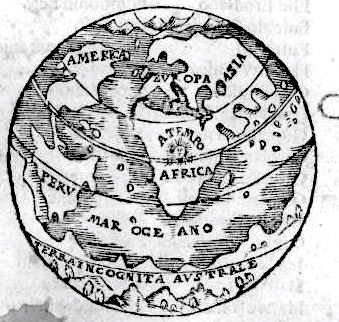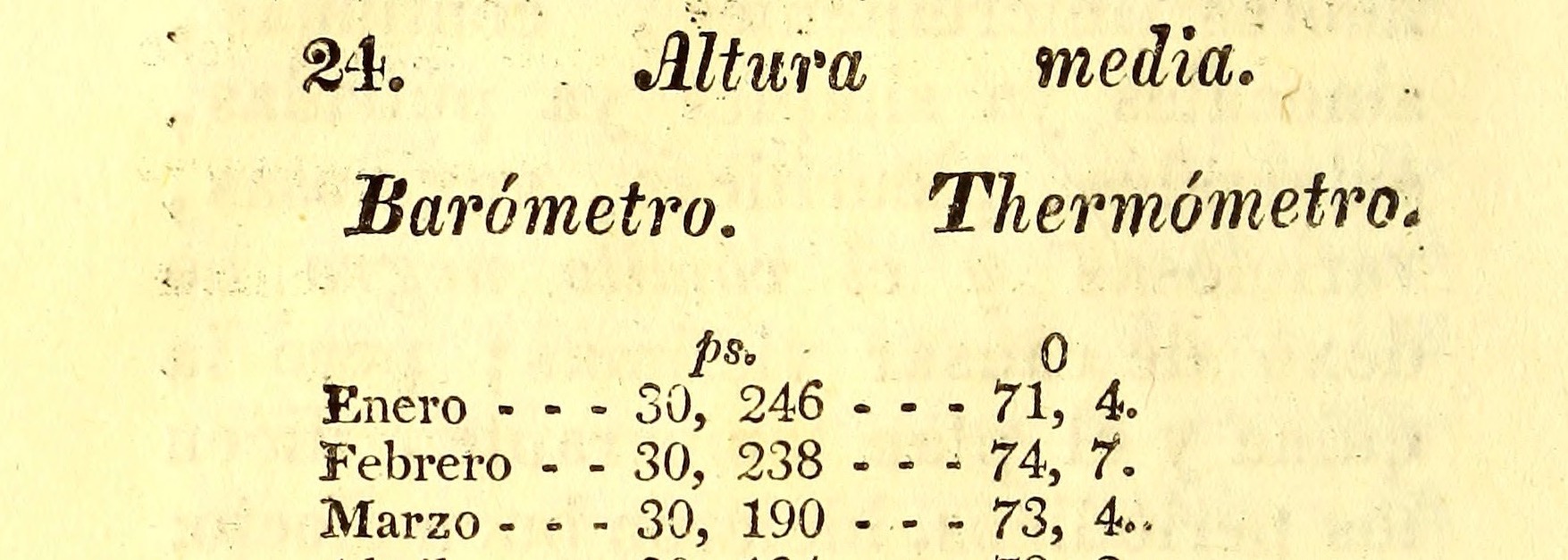Marcos Sánchez Rubio was one of the most prolific and respected doctors in nineteenth century Cuba. This text, one of his more famous works, is a scientific examination of causes and treatments for a myriad of diseases. With both numerical calculations of weather as well as intimate patient portraits, the book is an example of a high caliber medicinal book.
Rubio’s observations of an enslaved woman suffering from tetanus (displayed here), however, illuminate the more insidious side of his work, namely the ways in which this ostensibly benevolent history of medicine – of understanding, isolating, and ultimately curing disease – is embedded unmistakably in a larger context. “Le quitaron la vida,” Rubio ends his observations. “They took away her life” for stealing candles. This, for the doctor, is a victory; at least she did not die of tetanus.
Comparing the contrast between the historical violence inherent in his observations about the enslaved woman with his almost aggressively objective observations about the weather (pictured here) shows an insidiously equalizing regime reducing her experience to a statistic.
Citation
Marcos Sánchez Rubio, Tratado sobre la fiebre biliosa y otras enfermedades. Habana, Cuba: En la imprenta del Comercio, 1814.[Catalogue Entry] [archive.org]

